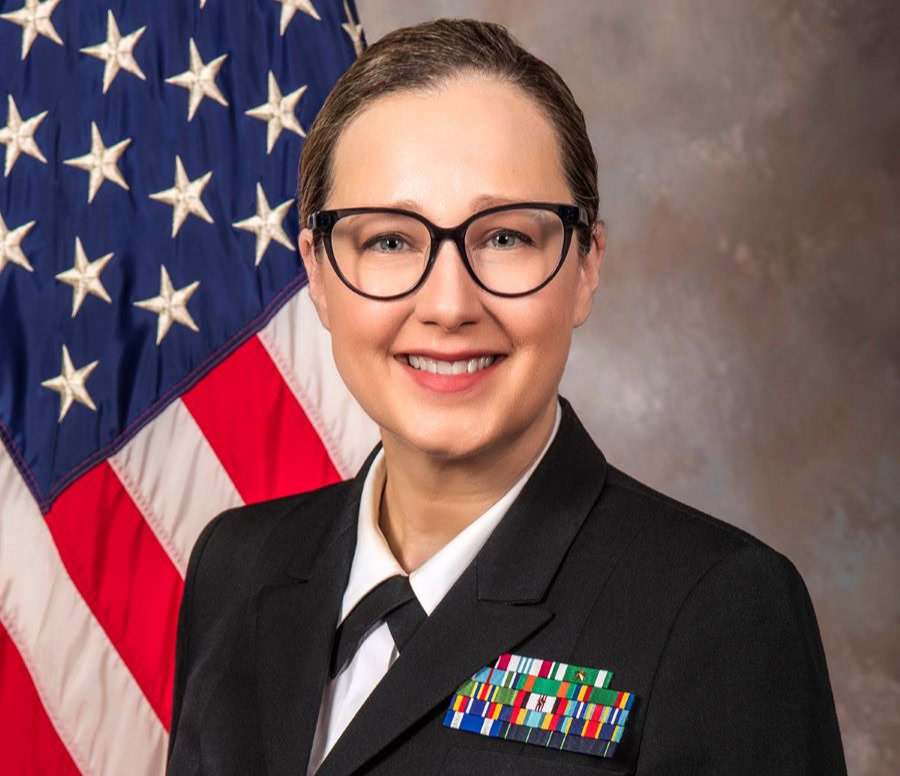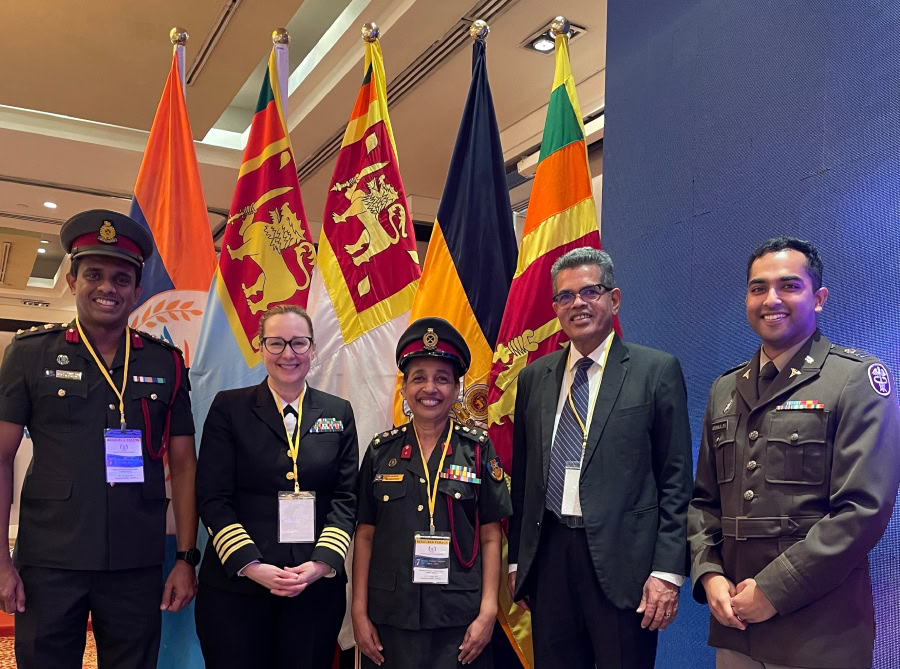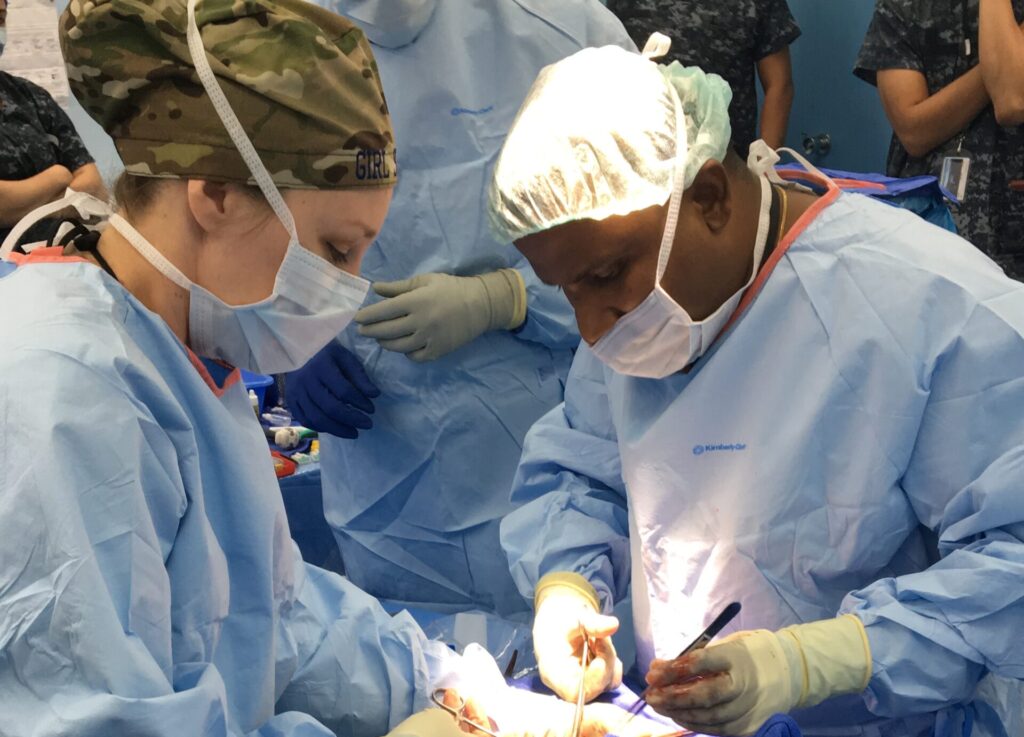Research in trauma care advances America’s military readiness and global health systems: “The relationships we build through collaboration are important to security cooperation.”

Dr. Tamara Worlton is a U.S. Navy Captain whose research in trauma care is helping to strengthen America’s military readiness and improve global health systems. Dr. Worlton is stationed at Walter Reed National Military Medical Center, where she is the Director of Global Surgery at the Uniformed Services University (USU), and Director of Surgical Operations at the USU Center for Global Health Engagement. USU trains students to serve as physicians in the U.S. Armed Forces, supporting military and public health systems and America’s national security strategies.
The American military relies on Dr. Worlton as one of their medical subject matter experts. These experts save lives during conflict and contribute to improving civilian emergency medical response. According to an article that Dr. Worlton contributed to in the International Journal of Surgery, military and civilian healthcare systems have a shared interest in building trauma capacity. Working in low-resourced civilian hospitals helps military medical staff stay ready for combat needs. Furthermore, these advances support workforces around the world since traumatic injuries due to accidents such as traffic collisions and falls are among the leading causes of mortality and disability for civilian populations.
In 2022, Dr. Worlton received a Fulbright U.S. Scholar award to investigate trauma care in Sri Lanka. It was an opportunity to develop new academic collaborations and advance healthcare innovation.
By learning from the experience of trauma care in lower resourced settings the U.S. military is better prepared to treat traumatic injuries in combat conditions, Dr. Worlton explains. Having deployed to Afghanistan and Djibouti and served on U.S. Navy hospital ships, she knows first-hand how different these settings are from “resource heavy” hospitals. Her goal is “to train residents and future military surgeons to understand how to treat traumatic injuries when they don’t have these resources.”

In central and rural Sri Lanka, Dr. Worlton studied the country’s systems for treating patients with traumatic injuries. Based on “who was admitted, how they got to the hospital, and what the interventions were,” she helped to launch a trauma registry to focus on outcomes and long-term follow-up care.
The experience also gave her important insight into medical and cultural differences magnified by an economic crisis in Sri Lanka that caused a severe shortage of food and supplies and resulted in strikes that limited patients’ access to healthcare.
“Having the knowledge of how things happen in a resource-constrained setting is hugely important for me in the military,” says Dr. Worlton, “because what I do [in an overseas combat zone] is much more similar to what they do in Sri Lanka than it is at a level one trauma center in the United States.”
Dr. Worlton is now the principal investigator on the Integrated Military Partnerships and Civilian Trauma Systems (IMPACT) Study, a multinational collaboration between USU and Harvard Medical School to advance the development of trauma systems. These types of military-civilian collaborations are important to maintaining military preparedness, and benefit under-resourced civilian health systems.
Dr. Worlton reflects, “The Fulbright Program [and] what we do in defense health cooperation … what all of these countries do when we’re working with other countries, is about building relationships.”
“We value those relationships so that we can continue to have open dialogue and continue to understand each other’s perspective.”


